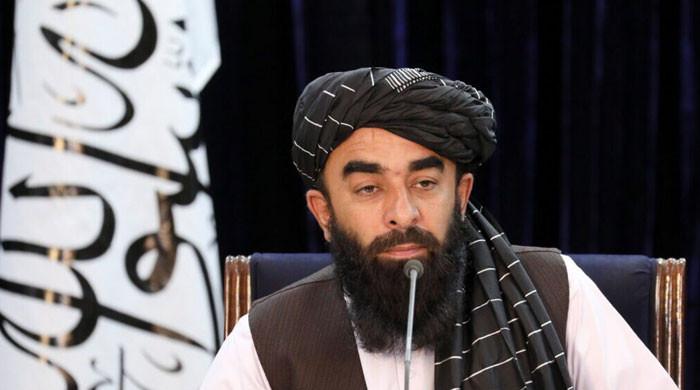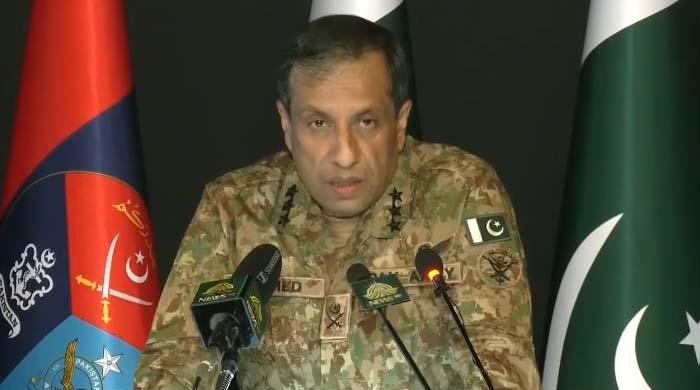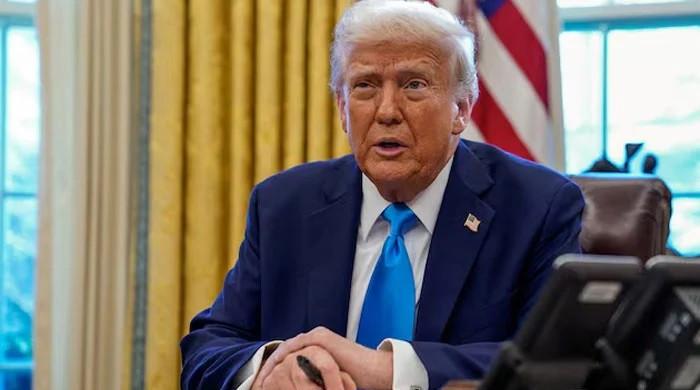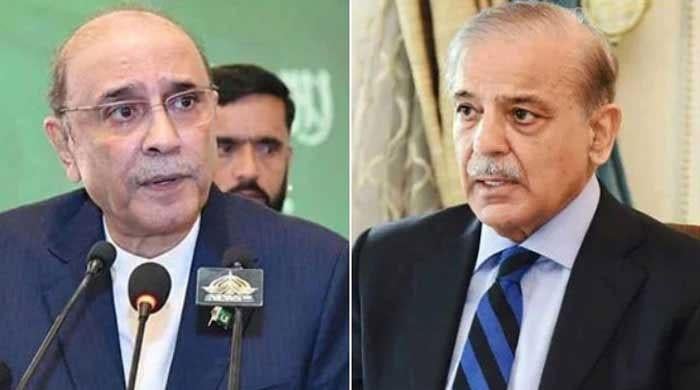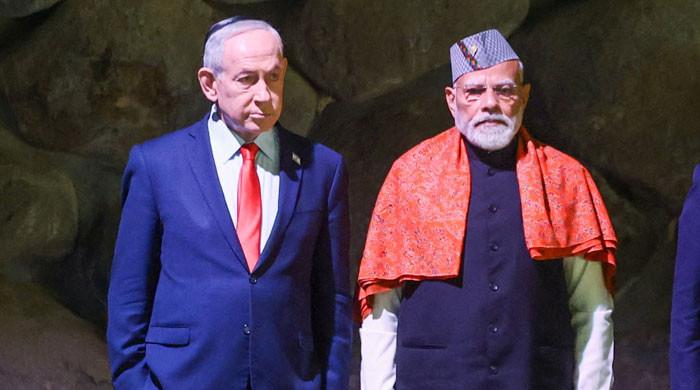PM Imran Khan proposes 5-point agenda to uplift agricultural sectors of developing countries
Addressing the International Fund for Agricultural Development, premier says "we will perish or survive together"
February 17, 2021
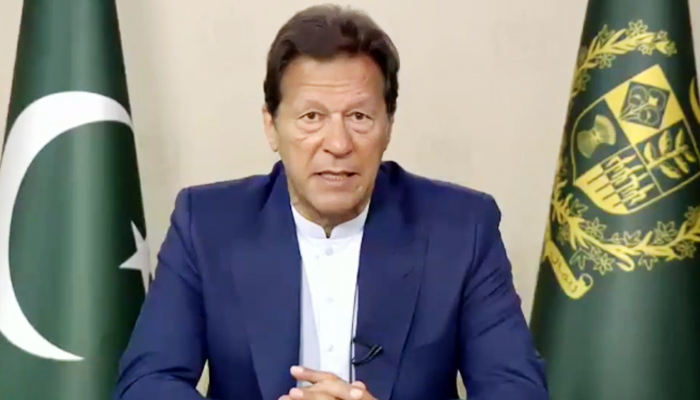
- PM Imran Khan addresses session of International Fund for Agricultural Development's Governing Council
- The premier that the says world needs a revolution and a vision for the future
- The two-day session will focus on the overarching theme "Rural development: a prerequisite for global resilience
Prime Minister Imran Khan on Wednesday once again drew the attention of the developed world towards poorer economies which are struggling more than ever before because of the coronavirus pandemic, adding that such countries need a "revolution and a vision for the future."
"We need a revolution and a vision for the future. The COVID-19 pandemic and the climate crisis should send a message to all — rich and poor and weak or powerful — that we will perish or survive together," the premier said while addressing the 44th session of the International Fund for Agricultural Development's Governing Council.
The conference, taking place on 17 and 18 February 2021, would focus on the overarching theme "Rural development: a prerequisite for global resilience", said IFAD.
Addressing the conference, PM Imran Khan said that over 20 countries are food insecure, adding that the World Food Programme has warned of famine in the world's poorest countries and conflict zones.
He said that the world faces multiple challenges in recovering from the pandemic and achieving vital sustainable development goals of no poverty and zero hunger.
There is a lack of financing, shortage of investment, trade distortions, unsustainable consumption patterns, degradation of agricultural lands and forests, an impending water crisis, loss of biodiversity, and polluted rivers and oceans, he said.
PM Imran Khan noted that the concepts of geostrategic adversaries, regional or global domination, political advantages of foreign intervention and occupation, and the oppression of people are outdated and will be soon seen as irrelevant.
"We need a common global plan for the survival and prosperity of all mankind, the prime minister said, adding that he had proposed a debt suspension programme last year.
The premier went on to say that global lenders had helped the developing world, however, citing reports, he said that developing countries need billions of dollars to recover from the pandemic and achieves the United Nations' Sustainable Development Goals (SGDs).
Moving forward, the prime minister proposed a five-point agenda to uplift the developing world and help it recover from the pandemic.
- First: We need to install sustainable agricultural infrastructure to facilitate transport, production and distribution of agricultural products — the green lanes set up by China are a good example.
- Second: Governments, more actively, need to ensure adequate and fair prices for agricultural and food products. The so-called magic of the marketplace should be balanced with the help of the state. Farmers should not be left to the mercy of the cooperations, and at the same time, international agricultural trade must be rationalised.
- Third: Breakthrough technologies must be consciously applied to enhance food production, ensure efficient usage of water and land, and above all, improve seed quality.
- Fourth: The adoption of digital technologies is as vital in agriculture as in other economic sectors. Ensuring internet and broadband access to rural areas will be vital for their international and global supply chains.
- Fifth: Most importantly, we must rethink [of] our patterns of food consumption and production. We can eat better, and many of us would do well to eat less.
"I propose that a new strategy for sustainable food production and consumption should be considered and adopted at the Food System Summit next year," he said.
The premier added that Pakistan had given priority to SDGs despite the pandemic. "We have given priority to SDG 1 and 2 — no poverty and zero hunger."
He highlighted that his government's Ehsaas Programme helped the poor people and farmers of the nation who were affected by the pandemic and locust attacks on farms.
"We are also engaged in one of the largest reforestation programmes in the world [through which] we plan to plant 10 billion trees over the next three years," he said, adding that Pakistan would also set aside eight large areas to build national reserves or parks.
Under the China-Pakistan Economic Corridor (CPEC), agricultural modernisation has been included as a vital element of Pakistan's development strategy, he said.
"The efforts employed by Pakistan to promote sustainable development cannot bear fruit without international cooperation," the prime minister said as he concluded his address.




